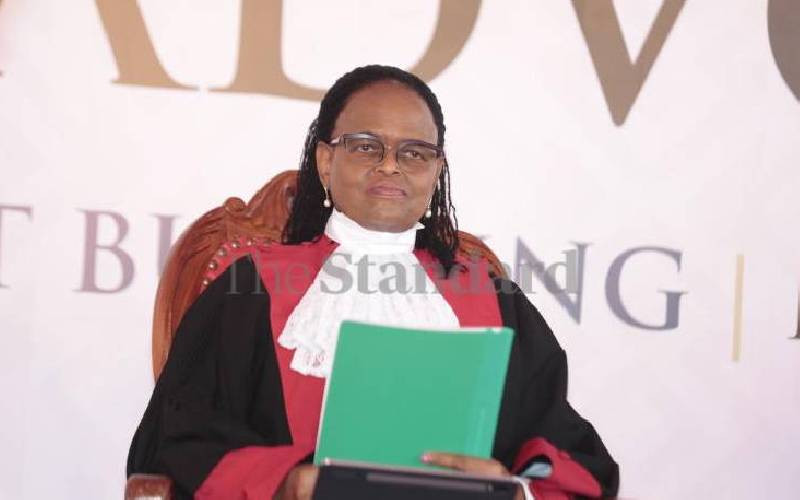
Earlier this month, the Supreme Court celebrated its 12th year. Though the occasion was cited as an opportunity for introspection, it was used largely to celebrate the court's achievements than to introspect. There is probably a good reason for focusing on the positive.
In a country where institutional rot, inefficiency, and incapacity is the norm, there is no doubt that this institution, lobbed into Kenya's judicial system by the 2010 Constitution, has generally left a positive mark. Granted, its 12 years, while marked with numerous accomplishments, have also evidenced some shortcomings, exposing the court to legitimate criticism.